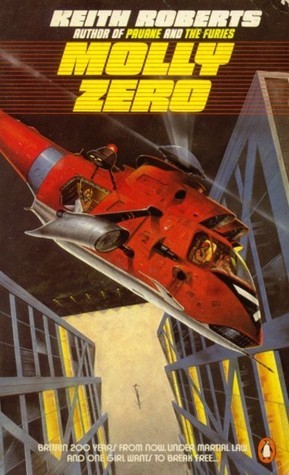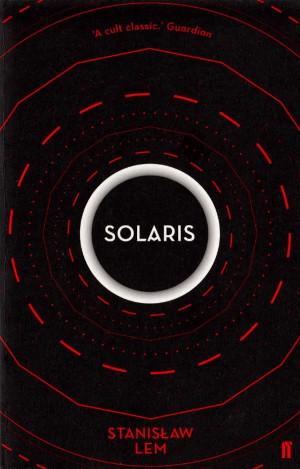
Molly Zero
By Keith Roberts
Score: 4/5
Molly Zero is a slim novel first published in 1980. Classified as "science-fiction", it is an adventure story set in the near future about a young runaway from "boarding school" and her escape to London from the North. Roberts is new to me but he has been much praised by Stephen E Andrews on his YouTube channel Outlaw Bookseller. Seeing the paperback in a second-hand shop at a reasonable price, I picked it up.
The future Britain here is much changed by some large catastrophe. The country is split into smaller units with names like Lothia, Cumbria and Wessex, each with a border but trading together. The economy is basic but technology exists, including aircraft, computers and hallmarks of a surveillance state. A government and police are ever present but in the background mostly; It is dystopian. Molly is a young girl brought up in (what appears to be) a boarding school, one of many called "Blocks". She wants to see the sea but the boy she runs away with wants to get to London and he gets his way. We follow their journey as they make their way, including a period with a Romany ("gypsy") travelling circus. There is a mystery about the source of the national damage, who is in charge, if there really are "elites" and where the young people in the Blocks fit. The novel speaks in Molly's voice throughout, the "second person present tense", an unusual choice but it works. As the tale progresses, Molly learns some hard truths about the world and how far some people will go to fight against the powers in charge.
The book is well written, short and pacy. The period spent in the circus with the Romany is very well observed and Roberts does well with the character of the young people and the society of the travellers they join. By all accounts, he was a difficult man to get on with and this seems to have negatively affected his written output (or at least the published part). I'll be reading Pavane sometime in the near future; a novel some consider his masterpiece.

Solaris
by Stanisław Lem
Score: 4/5
Solaris is generally considered one of the greatest science-fiction novels ever written. Stanisław Lem (1921-2006), a Polish writer, published the novel in 1961 while the country was under Soviet control.
The story concerns the arrival of a scientist to a research station that sits above a vast ocean covering the whole of the planet Solaris. It is quickly apparent that all is not well: an unexplained death as well as erratic and unusual behaviour from the remaining two scientists. Extremely odd things are happening.
The "ocean" of Solaris is very different to anything on Earth: a chemical soup, organic, inorganic, colloidal. It displays unusual behaviour (to say the least), including forming huge structures within itself; these sometimes stretch many miles and are of huge complexity. It seems to exhibit intelligence. Is it sentient? This vast alien environment is the center of a large research effort and body of "Solarist" literature.
When you're in the mood to read a book, you are much more likely to enjoy it; something I have become much more aware of in the past few years. Being short also helps. Solaris is well written and the translation seems good (in my Faber&Faber edition the translators are Joanna Kilmartin and Steve Cox) but there are some sections that are more difficult. These are lengthy extracts from "Solarist" scientific research literature and are often dry and can be dull. Although my eyes glazed over occasionally, these writings did expand on the strangeness of the planet. It is still an environment I found very difficult to visualise however. This is a "first contact" story but of a "sideways" kind: the fact that the contact is with something we just cannot understand at all is the core of the book. It is eerie, even creepy, and our many questions are never really answered. Much like the scientists, we have a lot of theories about the planet, but no real idea of what is going on.
The novel is a short, sharp exploration of what a true "alien" contact might be and also a look at how humanity sees itself as it ventures out exploring the cosmos. The novel's been filmed twice now. I've seen neither film but will try to watch them sometime.



